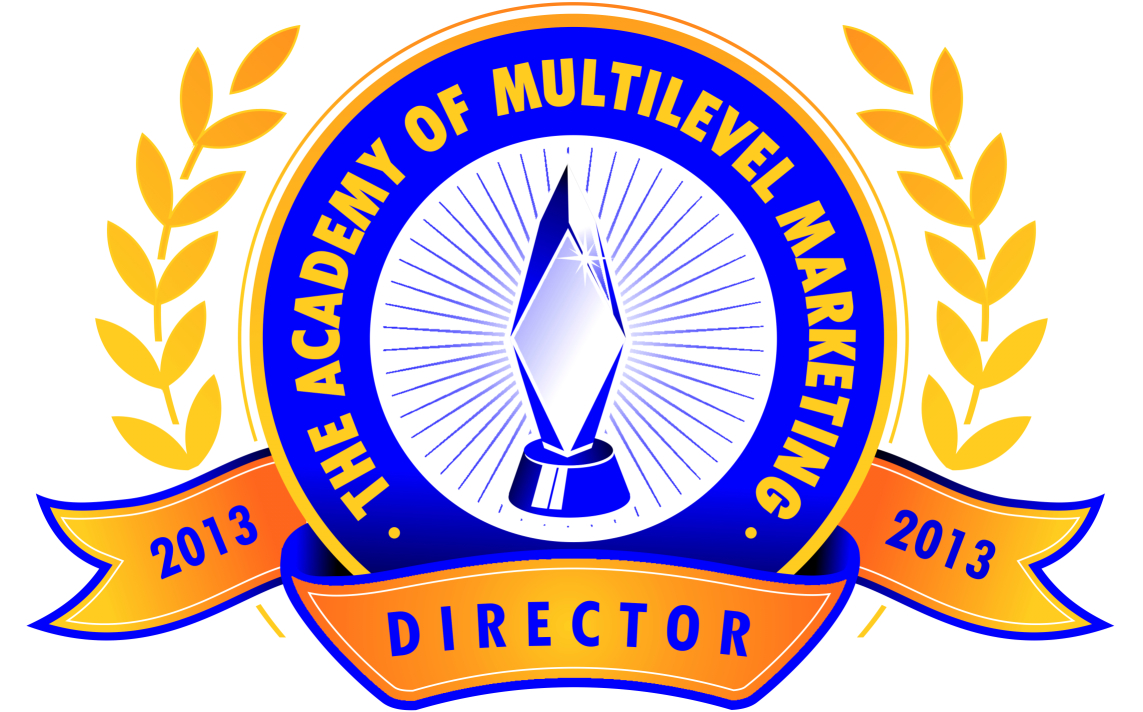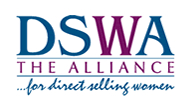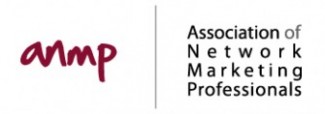Due Diligence of a Network Marketing Opportunity
is Only as Good as the Questions You Ask – or Don’t Ask.
By Leonard W. Clements © 2000
It is an unfortunate fact that conducting a proper due diligence of an MLM program, before joining it, is a rarely performed process. Even those few who attempt it do so in such a way that they are begging to be mislead. Due diligence is one thing – a proper due diligence is quite another.
There are four ingredients to a profitable, enduring network marketing opportunity: A good compensation plan, a good product line, a good company, and a good support system. Alas, many decisions as to which MLM program to join involve little more than adding up the percentages in the compensation plan brochure. The bigger number wins. Any other contrasting, comparing or appraising of MLM opportunities mainly involves prospective sponsors playing “dueling hype.” The prospect asks each potential success-suiter to basically tell them everything they want to hear – and they all eagerly oblige. The one who spins the best tail of multilevel utopia is the victor.
“We have the highest quality products that sell themselves, the most lucrative, revolutionary compensation plan, the easiest most duplicatable system, and the company is debt free and about to go into momentum.” There is it. Every MLM prospecting pitch ever given. I’m sure you’ve heard it too. But, when your sponsor said this, did you ever ask “How do you know?” Or better yet, “How can I know that all this is true?” Without asking this question, without digging deeper to discover the truth, you can only accept it all on blind faith. So, the first step is to challenge your prospective sponsor to sponsor your due diligence process. Enlist them. By all means, give them the chance to back up their superlative claims with tangible, verifiable, historical, mathematical, or whatever type of proof is necessary.
This is the point where many soon-to-be network marketers who think they’re conducting due diligence fall back on what are utterly useless questions. For example, “Can I really make money at this?” – an actual question I’ve been asked so many times. Or, this more sophisticated sounding but just as useless of a question: “Is the company positioned for long term growth?” Or, “Do the products work?” Or, “Is your system duplicatable?” My first grade teacher once told me There are no dumb questions. I now wholeheartedly disagree. Why ask a question when you already absolutely know the answer is going to be an enthusiastic “Yes!” Wouldn’t a better question be, “How can I make money at this?” Or, “What is your duplicatable system?” Or, “Is the company growing?” and if so, “How do you know it is?”
Of course, this is only the first step to a proper due diligence. Asking your prospective sponsor to validate their positive statements is important, but you still have to validate their validations.
There have been many articles written about how to evaluate an MLM program. Most list basic, seemingly common sense actions such as; call the Better Business Bureau, call the Attorney General’s office, get a D&B credit report on the company, study their financial statements, find out what the top earners are making, are their testimonials or scientific studies to support the product claims, and so on. In a perfect word, where all this information is available and accurate, a proper due diligence would swift, easy and simple.
This isn’t a perfect world.
Let’s take these one at a time. First, a BBB report is essential. However, don’t put so much weight on the number of complaints as you do to the number that have are unresolved. It’s better to have 20 amicably resolved complaints than to have ten unresolved. Of course, it’s even better to have none.
Yes, you should call your state’s AG’s office, but more importantly you should call the AG’s office of the state the company’s corporate office is located. Usually, if any other state were to close them down, they just don’t do business in that state. If their home state closes them down, their probably done. Also, keep in mind that most AG’s offices will only tell you if a formal action has been taken (but not about open investigations). Most will also tell you the number of complaints, if any, that have been filed. But beware. Some states, such as California, lump complaints and inquiries (such as yours) into the same total. And, again, place the emphasis on how the company has handled the complaints, not just the raw total.
Personally, I’ve found Dun & Bradstreet reports to be generally unreliable (and not cheap) and would not recommend this step. D&B typically reports information supplied by the company. The type of MLM company that you would most want to avoid is the one that would lie to Dun & Bradstreet. Right?
Studying a company’s financial statements would be an obvious step – if it wasn’t for the fact that less than 2% of all MLM companies are public companies. And you can bet the private one’s are not going to show you their books. What’s more, you have to know how to read a financial statement. Once obtained (go to www.sec.gov, do an “EDGAR” search for the company and pull up their most recent 10k), don’t just jump to the bottom line (net profit). Read all those pages of text. There’s usually very interesting, and very revealing information in there (both positive and negative). Also, don’t just look at last year. Go back at least five and look for trends.
The financial or sales data you get from the company or it’s reps (outside of SEC filings) are usually ripe with hype (which the dictionary defines as “to increase artificially”). One company recently claimed to have “record revenues” for the previous quarter. Although the statement was technically true, their SEC filings revealed that almost half of that revenue was assets the company was selling off. Remember, revenue is not the same as product sales. Yet another company recently claimed to have “record sales” for the quarter. Again, the claim was technically true, although the company also reported it’s first “net loss” in it’s history. Clearly, net profit is more important than sales.
Probably the most common, and most abused financial claim is to be “debt free.” Understand, NO network marketing company is truly debt free, nor would they want to be. First of all, accrued commissions and bonuses is a “payable.” It’s debt. Does the company really have none of this? I hope not. Furthermore, debt can be good and very useful. Without it you may not be able to establish credit terms, which the company may desperately need in the future. Or perhaps the company is “debt free” because they have a poor payment history and can’t establish credit. How do you know? What if the company experiences strong growth? To have the inventory, staff and infrastructure to handle 50,000 distributors when you only have 10,000 usually requires taking on some debt. Debt also frees up liquid capital to grow and expand the business, or to weather down turns. How much debt a company carries is a better question, not whether they have it or not.
Earnings related questions can be the most misleading of all. First, to provide earnings data without numerous other disclosures can be deemed a “deceptive trade practice” by regulators. To use your or another’s earnings as an inducement to join an MLM program is considered taboo. Those who practice it are putting their opportunity at risk. Also, this is basically useless information as far as your ability to earn an income. Comparing the incomes of individuals from different MLM companies to determine which one you want to make your living from is like comparing the sugar content of a single grape from two different orchards to decide which one you want to make your wine from. Besides, most prospects want to get involved with an opportunity before it gets really huge, yet many are seduced by huge incomes – which can’t be developed until huge growth occurs! This creates a paradoxical search criteria.
Due diligence of product claims is tricky. First of all, as far as disease treatment claims, make sure there aren’t any! Even personal testimonials are not safe haven. The company is still liable and may be required by the FTC to provide scientific substantiation of the claim. Even if they could, the FDA could then step in and declare the product an “unapproved new drug.” So, certainly test the products and see if they work on your ailments, then make sure no one is saying it will. Like I said, this one’s tricky.
Unfortunately, space limits me to only a brief survey of some of the “don’ts” of doing a proper due diligence. To really do this subject justice would require about a 50 page analysis (and does, in my book Inside Network Marketing). I hope you’ve at least gleaned from this article the idea that doing a proper due diligence first requires that you do some digging, and that there are rigth and wrong places to dig.










